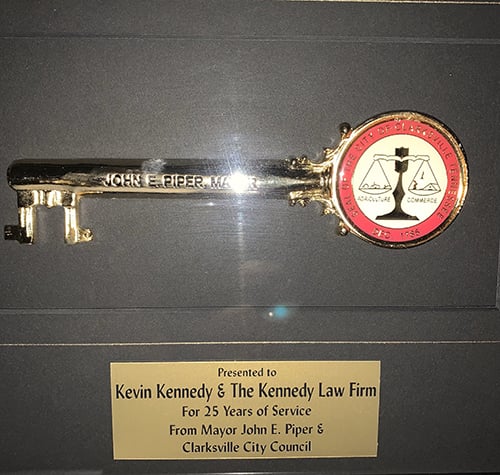Criminal Law Newsletters
A defendant’s right to a jury trial
A defendant in a criminal prosecution is guaranteed the right to a jury trial under the Sixth Amendment to the United States Constitution unless the prosecution is for a petty offense. A petty offense is defined as an offense that carries a penalty of no more than six months in jail. The right to a jury trial applies to federal and state offenses. In addition, most states have enacted constitutional provisions and statutes that guarantee a defendant the right to a jury trial.
A defendant’s right to remain silent during trial
The Fifth Amendment to the United States Constitution provides that no person shall be compelled in any criminal case to be a witness against himself or herself. The self-incrimination privilege of the Fifth Amendment means that a defendant cannot be compelled to testify at his or her criminal trial
Conduct & causation
A defendant’s conduct does not constitute a criminal offense unless the conduct is prohibited by a statute, a municipal ordinance, or a rule. The word “conduct” means an act or a failure to act. The word “conduct” also includes the defendant’s mental state. The word “act” is defined as a voluntary movement of the defendant’s body. The word “act” includes speech.
Release on bail pending an appeal
Whether a defendant is entitled to be released on bail pending his or her appeal depends upon the type of offense of which the defendant was convicted and the length of sentence that is imposed on the defendant. If the defendant is convicted of a misdemeanor, the defendant is generally entitled to reasonable bail pending his or her appeal. If the defendant is convicted of a felony, the length of the defendant’s sentence generally determines if the defendant is entitled to bail.
Violation of a protective order
A person commits the offense of violation of a protective order when the protective order has been issued on behalf of a protected person and when he or she commits an act of family violence, when he or she communicates directly with the protected person or a member of the protected person’s family, when he or she goes near the protected person’s residence or employment, or when he or she possesses a firearm.
We are a debt relief agency. We help people file for bankruptcy relief under the Bankruptcy Code.


